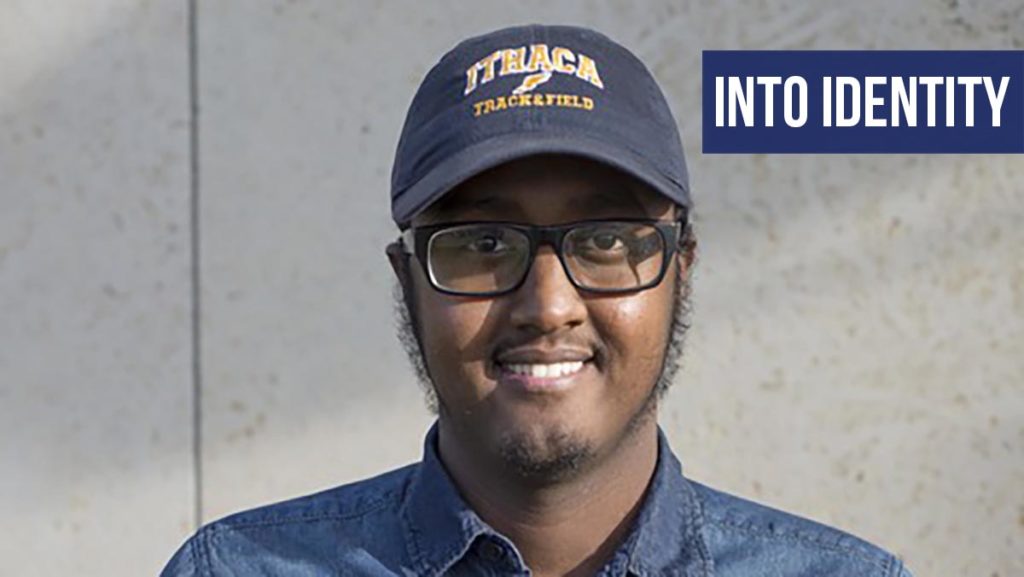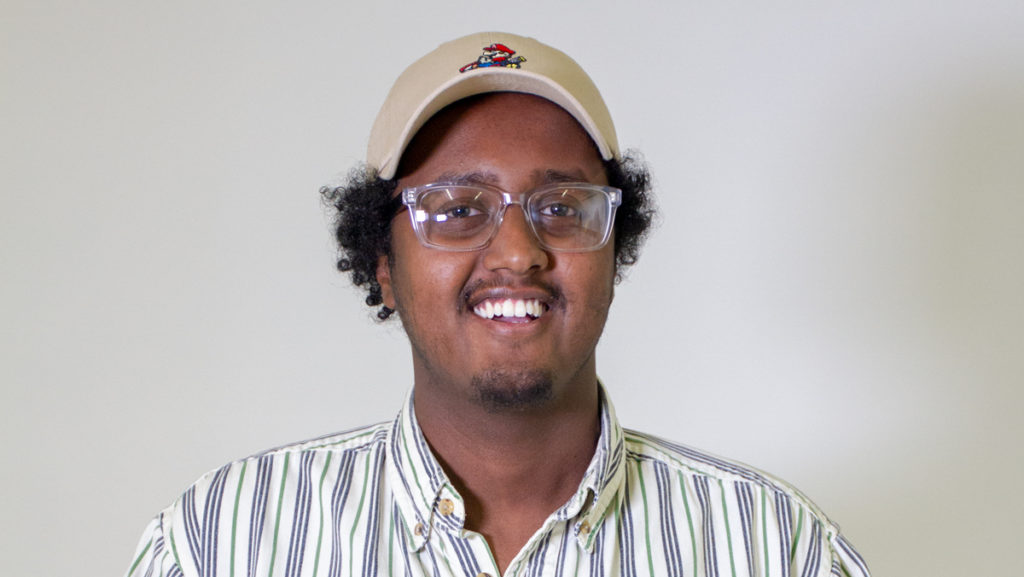When parents do unspeakable things to their children, is it worth publicly naming and shaming their bad behavior? Is sharing your emotional and painful narrative worth the psychological damage?
In other words, is there any value in reliving these issues, something that inevitably comes with speaking out?
These are some of the questions that have been running through my mind since I went public with my story about two months ago. I wrote an Ithacan commentary detailing my escape from gay conversion therapy in Kenya after my mother tricked me into traveling there.
A BBC reporter said that I’m “no different than the perpetrator” because I’m apparently resorting to the “same extreme methods.” Muslims believe that my efforts to speak out against the harm done in the name of Islam aren’t well-intentioned because it’ll inevitably become fodder for right-wingers to propagate their xenophobic and Islamophobic demagoguery.
First off, I think publicly showcasing bad behavior prevents other potential victims from going through a similar, maybe even worse, fate than mine. Meaning, that this kind of storytelling raises awareness about this particular issue and will hopefully lead to some kind change. It also allows perpetrators to be held accountable, whether that’s through the law or some
other avenue.
Secondly, I’m not responsible for what other people do with my work once it’s out there. The only thing I have control over is who I decide to engage with. We are all products of our culture. My mother may love me, but it’s very hard for her to escape what her culture and religion have taught her.
As unbearable as it is to acknowledge this, it’s not unfathomable to think she still loves me beneath everything else. After all, it was her misguided sense of religious correction to keep me from “going to hell” that in large part motivated her to do all of this. I suspect that my mother is at a place right now where she’s feeling tested by this experience, and she’s reinforcing whatever negative beliefs she has.
I hope that’s not the case. I have yet to hear from her. Either way, being a victim does not justify your crimes. If my mother is seriously suffering because I went against her religious and cultural beliefs, that’s on her to figure out.
The response to my story has been overwhelmingly positive, and I am deeply thankful for that. In the meantime, I’m going to continue speaking out because there’s just too much at stake not to.






